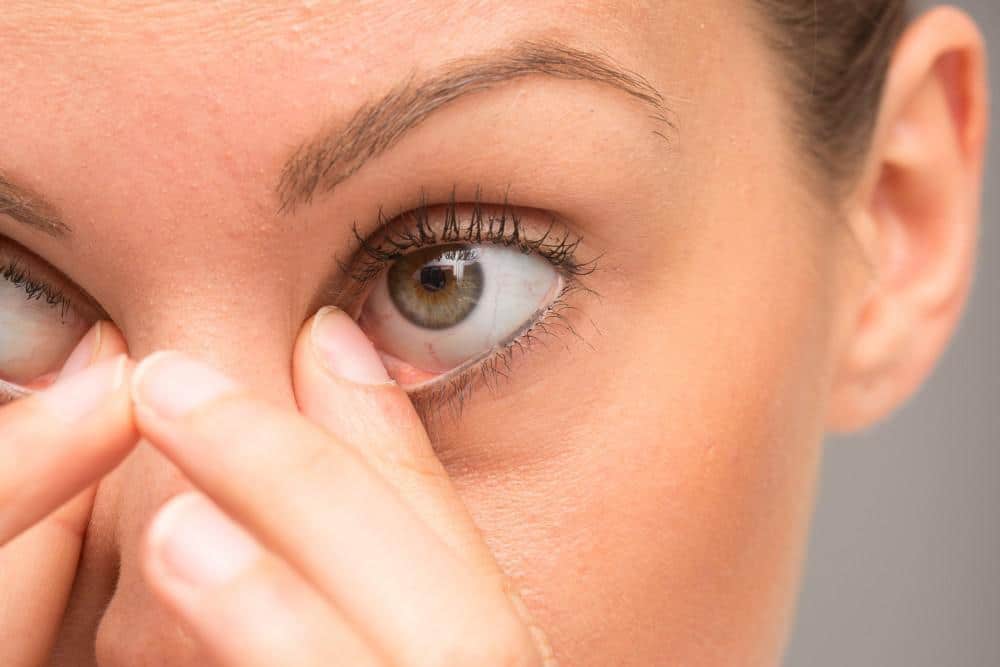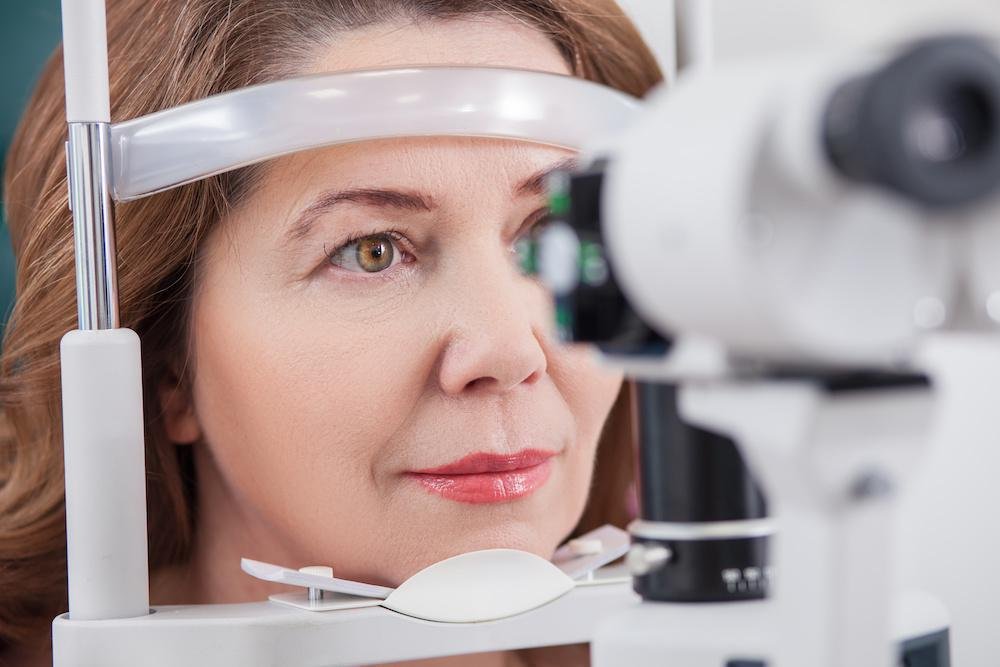In most cases, eye infections aren’t dangerous, but any infection in the human body has the potential to create larger problems. This is especially true of your sensitive eyes. So the best way to avoid the discomfort of an eye infection and any complications that stem from the condition is through vigilant prevention.At Classic Vision Care, under the expert direction of Dr. Mital Patel, our highly trained optometrists offer comprehensive services designed to protect your vision and the health of your eyes. To that end, we routinely help patients quickly remedy eye infections, which present a considerable hassle under the best of circumstances and a serious problem if they’re left unchecked.
1. Wash up
Most eye infections are caused by viruses, bacteria, and fungi that are easily transferred from person to person. And one of the easiest ways to pick up an infection is through your hands, which is why we recommend that you wash them frequently, especially if you’ve been in public places.
2. Don’t rub or touch your eyes
Another great way to avoid infection is to avoid touching your eyes. If you need to rub your eyes, cover your hand with a clean cloth first to avoid transmitting any infectious organisms.
3. Remove your contact lenses
After a long day, you may be tempted to just collapse into bed without removing your contact lenses. Take the extra few minutes to remove your lenses, which have been exposed to microbes that can stick to the surface. Make sure to wash your hands before doing so.
4. Clean your contact lenses
After you remove your contact lenses, you must clean them properly. These lenses can harbor all manner of bacteria and viruses so be sure to follow our cleaning instructions, which means using the right solutions and storing your contacts in clean cases.
5. Don’t share makeup
One of the easiest ways to get an eye infection is by sharing eye make-up applicators. To err on the side of caution, don’t share things like mascara, even among your closest friends. And if you have an eye infection, be sure to throw out these items so you don’t run the risk of re-infecting yourself.
6. Sheets and towels
For both men and women, sharing towels at the gym or pillowcases on a camping trip is a recipe for spreading infection. Whatever the situation, be sure to have your own clean towels and linens at all times.
7. Come and see us
While this last tip isn’t exactly preventive, it will minimize the discomfort of an eye infection. At the first signs of an infection — usually itchiness, redness, pain, and excessive tears — come see us right away so that we can provide care. Seeking medical help will bring you relief and also save you from passing the infection on to close family and friends.
If you’d like to learn more about preventing and treating eye infections, please contact one of our offices in Kennesaw, Marietta, and Atlanta, Georgia, or request an appointment using our online scheduling tool.
You Might Also Enjoy…
Are Glasses Better than Contacts?Trying to decide between wearing eyeglasses or contact lenses? Consider all the factors, including comfort, ease, and appearance. We’ve compiled a list of pros and cons to help you see your way through this significant decision.
Why Sunglasses are Important All Year LongNo doubt you always have your favorite shades close by all summer. But sunglasses protect your eyes all year long, even during darker winter months. Learn how they shield your eyes from harmful ultraviolet (UV) rays any time of year.
How Astigmatism Affects Your Vision
Astigmatism causes a variety of symptoms ranging from blurred vision to eye discomfort and pressure. Understand how a comprehensive eye exam can pinpoint the cause of your symptoms and get your sight back on track.
Who Is at Risk for Glaucoma?
Could you be at risk for glaucoma? The short answer is that everyone, especially seniors, is at risk for glaucoma. Learn how to lessen your odds of losing your sight through early detection and treatment.
5 Steps to Prevent Diabetic Eye Disease
People with diabetes are more vulnerable to certain eye diseases, such as glaucoma, cataracts, and diabetic retinopathy. Learn what steps you can take to slow their progression and potentially avoid them in the first place.
Am I a Candidate for Contact Lenses?
If you need vision correction, contact lenses are a popular option. If you’re simply tired of your glasses or just looking to see the world more clearly, discover whether contact lenses may be the perfect fit for you.







